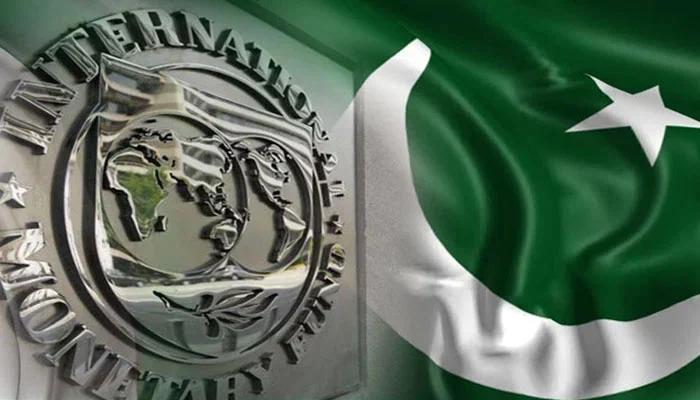

Pakistan's economic crisis deepens
Staring at bankruptcy, Pakistan has finally agreed to the stringent conditions of the International Monetary Fund (IMF) for the much awaited $7 billion loan programme to resume.
According to reports, the Shehbaz Sharif government has approved a new tax on power as mandated by the multilateral lender.
This would further push up inflation which touched 27.6 per cent in January up from 24.5 per cent in December– the highest since 1975. Thousands of containers carrying essential items which include food and raw materials are stuck at the country’s ports due to non payment. Fuel shortage has hit many petrol pumps in the country.
The resumption of the IMF financial assistance will not ease the common man’s pain. In fact prices will further go up and this will leave a larger hole in the pockets of the people.
Pakistan’s foreign exchange reserves held by its central bank– the State Bank of Pakistan, dropped further to $2.9 billion as on February 3 compared to $3.8 billion available on January 27.
Latest data published by the SBP shows that Pakistan’s total reserves stand at $8.54 billion, which includes $5.62 billion held by the country’s commercial banks.
The country will have to make a repayment of $8 billion in the next three to four months.
Also read: Staring at default, will Pakistan go for debt restructuring kicking and screaming?
As was widely expected, the Indian economy grew by 6.5 per cent in real terms…
World No Tobacco Day, marked annually on 31 May, addresses a major public health challenge--the…
Defence Minister Rajnath Singh, addressing officers and sailors onboard India's first indigenous aircraft carrier INS…
The leadership team from the Central Tibetan Administration (CTA) arrived in Tokyo to participate in…
Hailing the centre's fight against naxalism and red terror, Prime Minister Narendra Modi said that…
Defence Minister Rajnath Singh aboard India's first indigenously built aircraft carrier, INS Vikrant, on Friday…